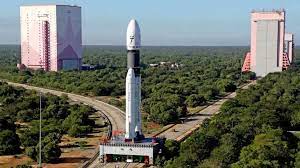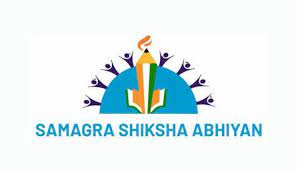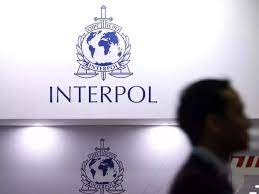
Indian Space Research Organisation: P. Sreekumar, the Satish Dhawan Professor at the Indian Space Research Organisation (ISRO) and advisor to its space science programme, stated that the organisation has not yet received approval from the Indian government for the Venus mission and that, as a result, the mission may be delayed until 2031. The ISRO Venus mission, Shukrayaan I, was slated to take off in December 2024. The concept was conceived in 2012; five years later, after the Department of Space got a 23% increase in the 2017–2018 budget, ISRO started preliminary investigations. The organisation asked for payload suggestions from research institutions in April 2017.
January 2023 Current Affairs Quiz
Why this decision taken?
ISRO received an allocation of 13,700 crores for the fiscal year 2022-2023, a little rise from the year before. Gaganyaan, the human spaceflight mission, received the majority of it. Various industry groups have created a wishlist ahead of the upcoming budget announcement and in response to recent reforms in the private spaceflight sector, which include increases in local manufacturing and procurement.
What is the best time to launch this mission?
It is recommended to launch from Earth to Venus every 19 months or so. ISRO has “backup” launch windows in 2026 and 2028 in case it misses the 2024 window. But every eight years, new better windows present themselves that further cut down on the quantity of fuel needed for takeoff.
Key points
- The VERITAS and EnVision missions of the American and European space agencies, respectively, both have Venus missions scheduled for 2031, but “China might go anytime: 2026, 2027, whenever they want to go.”
- ISRO cited the pandemic as the cause for pushing back the launch of Shukrayaan I from mid-2023 to December 2024. Delays in manufacturing and obligations to commercial launch services have also had an impact on other ISRO projects, such as Aditya L1 and Chandrayaan III.
About the Shukrayaan-I
Shukrayaan- I shall serve as an orbiter’s mission. Its current scientific payloads include a ground-penetrating radar and a synthetic aperture radar with exceptional resolution. From an elliptical orbit, the mission will likely research Venus’s geological and volcanic activities, emissions on the surface, wind speed, cloud cover, and other planetary features.
Important Takeaways for All Competitive Exams:
ISRO Chairman: S. Somanath;
ISRO’s foundation Date: 15th August, 1969;
ISRO’s Founder: Dr. Vikram Sarabhai





